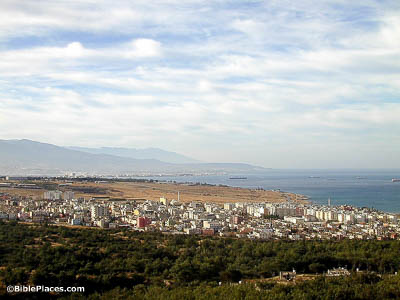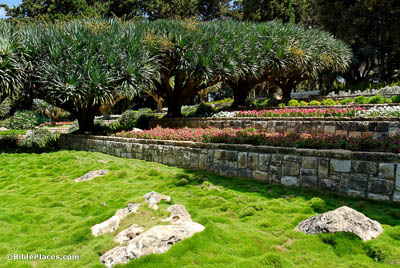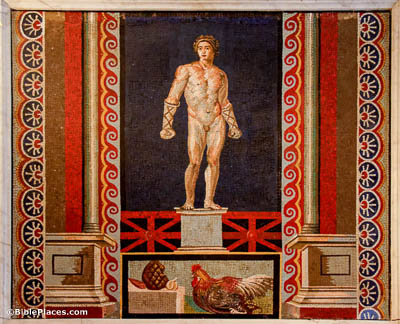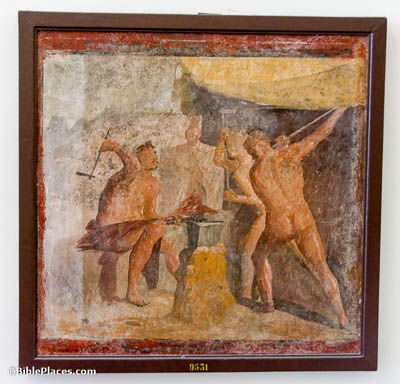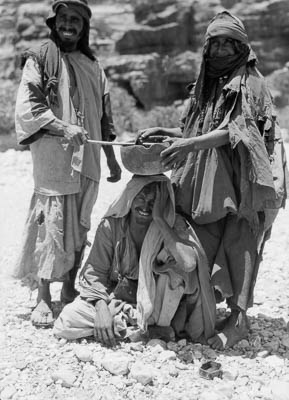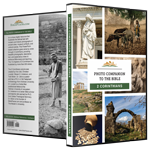I know a man in Christ, fourteen years ago (2 Corinthians 12:2).
Paul likely wrote 2 Corinthians late in AD 56. Fourteen years earlier would be in AD 42. It was around this time that Barnabas travelled to find Paul in his hometown of Tarsus and bring him to Antioch (Acts 11:25-26; Gal 1:21). This photo shows the coastal area along the Mediterranean Sea in the vicinity of Antioch. Antioch, also known as Antioch on the Orontes, is located about 15 miles (24 km) inland from its port city, Seleucia Peria.
